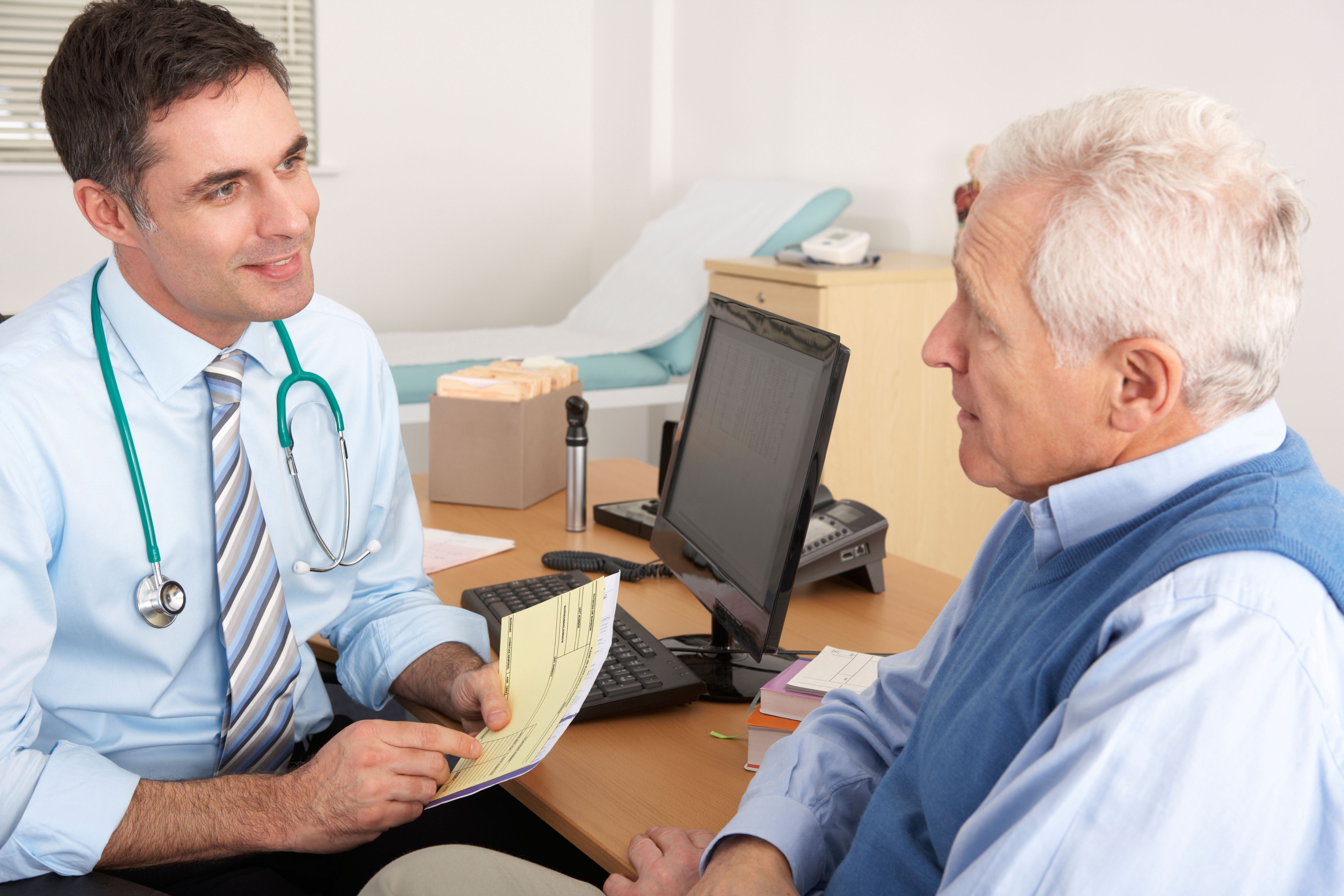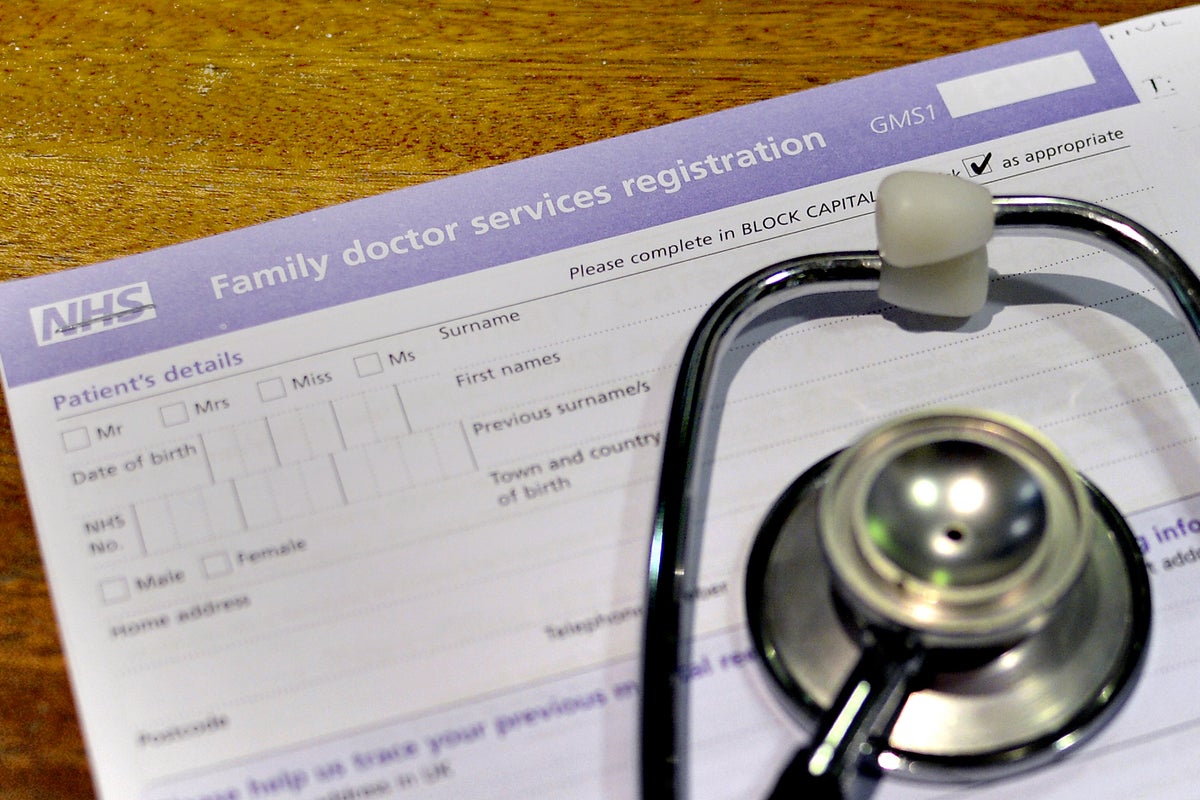A third of GP appointments in England in June were carried out either over the phone or online, the highest proportion since the pandemic.
Family doctors said remote consultations “offer convenience and flexibility that many patients value”, and the majority of appointments are still delivered face to face.
The figure of 33.3 per cent is up from 30.9 per cent a year earlier in June 2024, and 28.3 per cent in June 2023, according to new analysis of NHS England data.
As many as four in 10 appointments were carried out by phone or online during the pandemic, but the proportion fell once the impact of Covid-19 eased and had dropped to 27.7 per cent in January 2023.
In the past two years the figure has risen slowly but steadily, driven by a sharp increase in consultations taking place online.
These accounted for only 1.5 per cent of all GP appointments in June 2023 but had jumped to 4.9 per cent by June 2024 and 8.0 per cent in June this year.
This has helped push up the combined figure for phone and online appointments to its current post-pandemic high of 33.3 per cent.
The figure just for telephone appointments has remained broadly unchanged over this period, at about 25 per cent.
Professor Kamila Hawthorne, chairwoman of the Royal College of GPs (RCGP), said: “Remote consultations, whether delivered over the phone or via video, can offer convenience and flexibility that many patients value, and evidence has shown that in the vast majority of cases, remote care is safe.

“Often a GP might initially consult with a patient remotely and then ask them to come into the practice if it’s necessary to see them in person.
“However, we also know that many patients prefer to access their care in-person, and this is how the majority of appointments are still delivered.
“Over the last 12 months, GPs and their teams have delivered a record-breaking number of appointments, and nearly 250 million were carried out in person.”
Some 63.3 per cent of GP appointments in June in England were in person, data shows, down from 65.3 per cent a year earlier and 68.4 per cent in June 2023.
Online appointments include those carried out using live chat tools or non-video apps, as well as video-based calls.
The proportion of appointments taking place by phone or online varies across the regions, with the figures for June ranging from 38.2 per cent in London to 28.4 per cent in North East and Yorkshire.
Prof Hawthorne said the college “supports a mixed-method approach to delivering care” in general practice and decisions on how appointments are carried out are between clinicians and patients.
“What’s key is that when GPs are consulting with their patients remotely, they have access to the robust and up-to-date IT systems that allows them to do so safely and effectively,” she added.
Prof Hawthorne said the government “has put forward some encouraging proposals to improve the GP practice digital infrastructure and IT systems” but “significant investment” is needed to make this a reality.
She added: “The college has called for additional funding of at least £2 billion to ensure our physical and digital infrastructure is fit for purpose so we can offer patients the appointment that’s right for them.”
A Department of Health and Social Care spokesperson said: “We’ve made real progress fixing the front door of the NHS, recruiting more than 2,000 GPs in the last year and delivering an additional 7 million GP appointments to improve access for patients.
“Through our 10 Year Health Plan we are delivering Neighbourhood Health Services that deliver more personalised, proactive care in local areas where it is more convenient for patients.
“This government is also clear that patients should have access to health and care when they need it and people who prefer a face-to-face appointment should have one, so we are transforming the NHS app to make managing your healthcare online easy and flexible.”
An NHS England spokesperson said: “Every GP practice must offer face-to-face appointments where patients want or need them, and many patients choose remote appointments where it is clinically appropriate and more convenient for them.
“GP teams are working hard to offer better access for patients, with a record number of appointments being carried out in the last year and recent findings showing the number of patients who are satisfied with their practice has improved.”



